A. The
Dictionary
The first tool for you to
master is the dictionary. What is a dictionary? What information does the
dictionary provide us with?
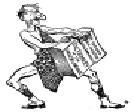 When
I ask this in class, I often receive the answer A
dictionary tells you the meaning of a word. This is basically
(essentially) correct; one of the main goals of the dictionary is to let you
know what words mean. However, the dictionary
does much more than this, and as a new user of the English language, you
will want to take advantage of what the dictionary has to offer:
When
I ask this in class, I often receive the answer A
dictionary tells you the meaning of a word. This is basically
(essentially) correct; one of the main goals of the dictionary is to let you
know what words mean. However, the dictionary
does much more than this, and as a new user of the English language, you
will want to take advantage of what the dictionary has to offer:
Here's a
list of what a dictionary can help with:
1. The
Meaning of words: as noted, this is one of the main tasks of the
dictionary. However, you will notice that sometimes words have more than one
definition (or
denotation).
When this is the case, dictionaries will list the definitions, usually by
number, with the first being the most widely accepted use of the word. When
reading, however, you will come across words that are used for the second, third
or even fourth definitions listed in the dictionary. You will need to decide
which definition fits the context of your reading.
This is done by substituting
the different meanings listed until you find the one that makes the most sense,
given what you are reading. 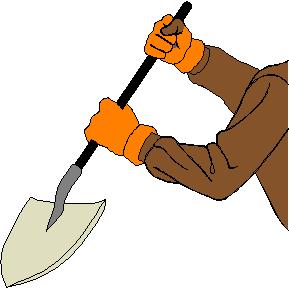
For example, you read the
sentence, That man knows the difference between a
shovel and a spade. Let us say that you need to know what the words shovel
and spade mean.
So you look them up in the
dictionary.
The dictionary listing
(entry) for the word spade should look something like this:
Spade 1. A
long handled digging tool with a pointed blade. 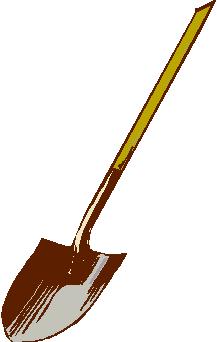
2. (Cards)
one of the black suits with a pointed symbol resembling a spade.
There are two listings for spade.
One indicates that a spade is a digging tool and the other defines spade as a
term used with a deck of playing cards. Which one to use?
To decide, you need to go
back to the sentence. A spade is being compared to a shovel. So you look up the
word shovel, and the dictionary listing looks something like this: 
Shovel 1. A
long handled digging tool with a broad, flat blade.
From the dictionary listing,
you learn that both can mean long handled digging tools. This is the definition
to use, because it makes logical sense in the sentence. Who would not be able to
tell the difference between a digging tool and a playing card?
 Note:
Just for your information, these tools are for different jobs. The difference
between them is that one has a pointed blade (the spade) and the other has a
flat blade (the shovel). A spade is for digging down into the earth (that is why
it has a sharp point) and the shovel is for moving piles of dirt (and, for that,
a flat wide blade is best).
Note:
Just for your information, these tools are for different jobs. The difference
between them is that one has a pointed blade (the spade) and the other has a
flat blade (the shovel). A spade is for digging down into the earth (that is why
it has a sharp point) and the shovel is for moving piles of dirt (and, for that,
a flat wide blade is best).
Some words, in addition to a
denotation
(definition), also have a connotation,
that is, a nuance, or suggestion, or an implication,
or association, or undertone, or overtone with regard
to something. This means that many common English words have different more than
one meaning, depending on the context or the way the word is being
used.
For example, in the 1950's,
in the United States, when the cold war between the United States and
the Soviet Union as at its height, when someone used the word red, they
could just as easily be referring to a communist as to the color
red.
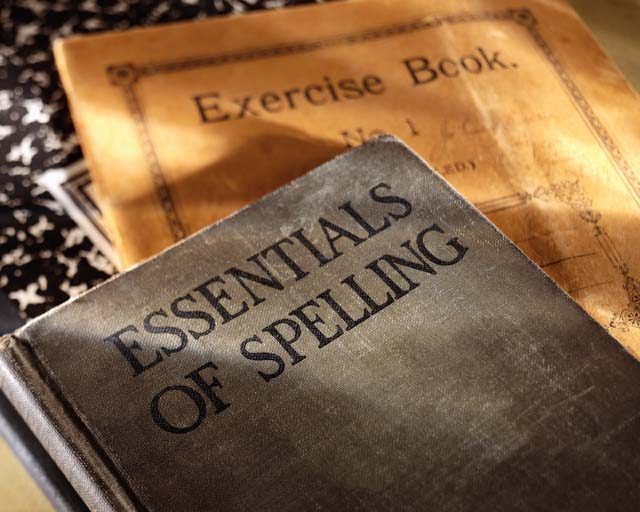 2.
Spelling: the dictionary indicates the correct spelling. As a writer,
this is critical for you. Spelling counts. Always. Especially at the college
level when you are attempting to show that you have command of the language.
There are many words in English that only have one letter that is different from
another English word. Sometimes these words can have opposite meanings, as with except
and accept.
[Look them up!]
2.
Spelling: the dictionary indicates the correct spelling. As a writer,
this is critical for you. Spelling counts. Always. Especially at the college
level when you are attempting to show that you have command of the language.
There are many words in English that only have one letter that is different from
another English word. Sometimes these words can have opposite meanings, as with except
and accept.
[Look them up!]
Students always complain
that they can't look up words in the dictionary if they don't know how to spell
them. That is one reason that you should look the words up when you come across
them in your reading. The word is right there and you know the correct spelling.
You also have a context within which the word is used to refer to, in case you
need to decide among different possible meanings.
 For
those of you who have learned most of your English vocabulary from speaking and
listening to others speak English, spelling is even more important. As noted,
there are many, many (numerous)
For
those of you who have learned most of your English vocabulary from speaking and
listening to others speak English, spelling is even more important. As noted,
there are many, many (numerous)
English
words that sound the same and are spelled differently: they are different words.
These homonyms:
words that sound the same, are spelled differently, and mean different things
[Some of are the most common are listed in Dangerous
Homonyms] 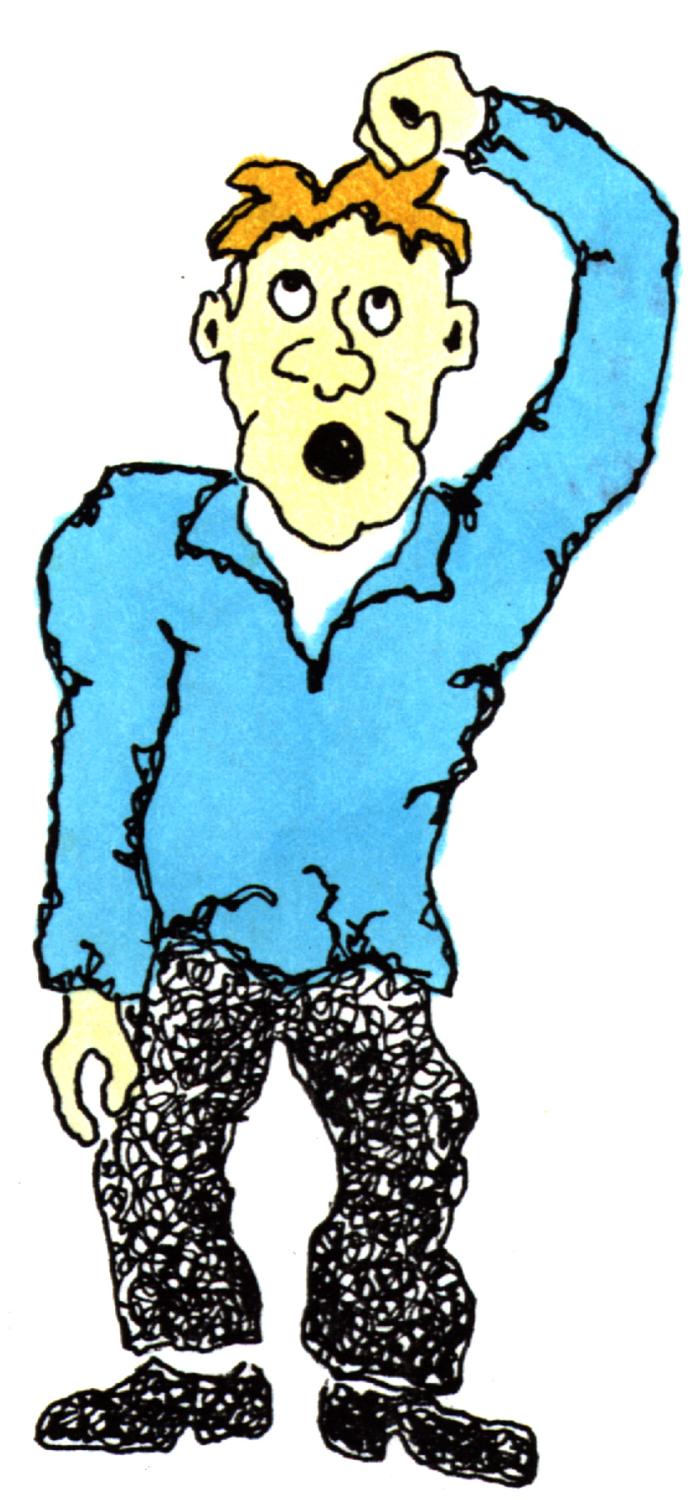
The incorrect use of
homonyms is a common indicator of someone who does not know English very well.
Any college professor who sees that you use the wrong homonym knows that you
don't have sufficient command of the language to go on until you learn more
English.
3.
Syllables: each word has one or more syllables or parts of a word:
The words I, me,
and you are all one syllable words.
The words garden
(gar-den), children (chil-dren) and college (col-lege) are two
syllable words.
The word syllable (syl-la-ble)
is a three syllable word.
And dictionary (dic-tion-ar-y)
is a four syllable word.
The word encyclopedia
(en-cy-clo-pe-di-a) is a six syllable word. And so on.
 In
the dictionary, the entry for the word shovel should appear similar to
the following:
In
the dictionary, the entry for the word shovel should appear similar to
the following:
Shovel (shuv-el) or Shovel
(shuv / el)
This shows that there are
two syllables for the word shovel: the first syllable is shov and the
second syllable is el. Shovel is a two-syllable word.
4.
Pronunciation: the dictionary indicates how to pronounce (speak) each
word. This is indicated by accent marks and pronunciation syllables.
Every dictionary has a
pronunciation key that allows you to understand the accents and letter
combination options. When speaking a word with more than one syllable, for
example, one must know which syllable to emphasize (which part of the word to
state more strongly). 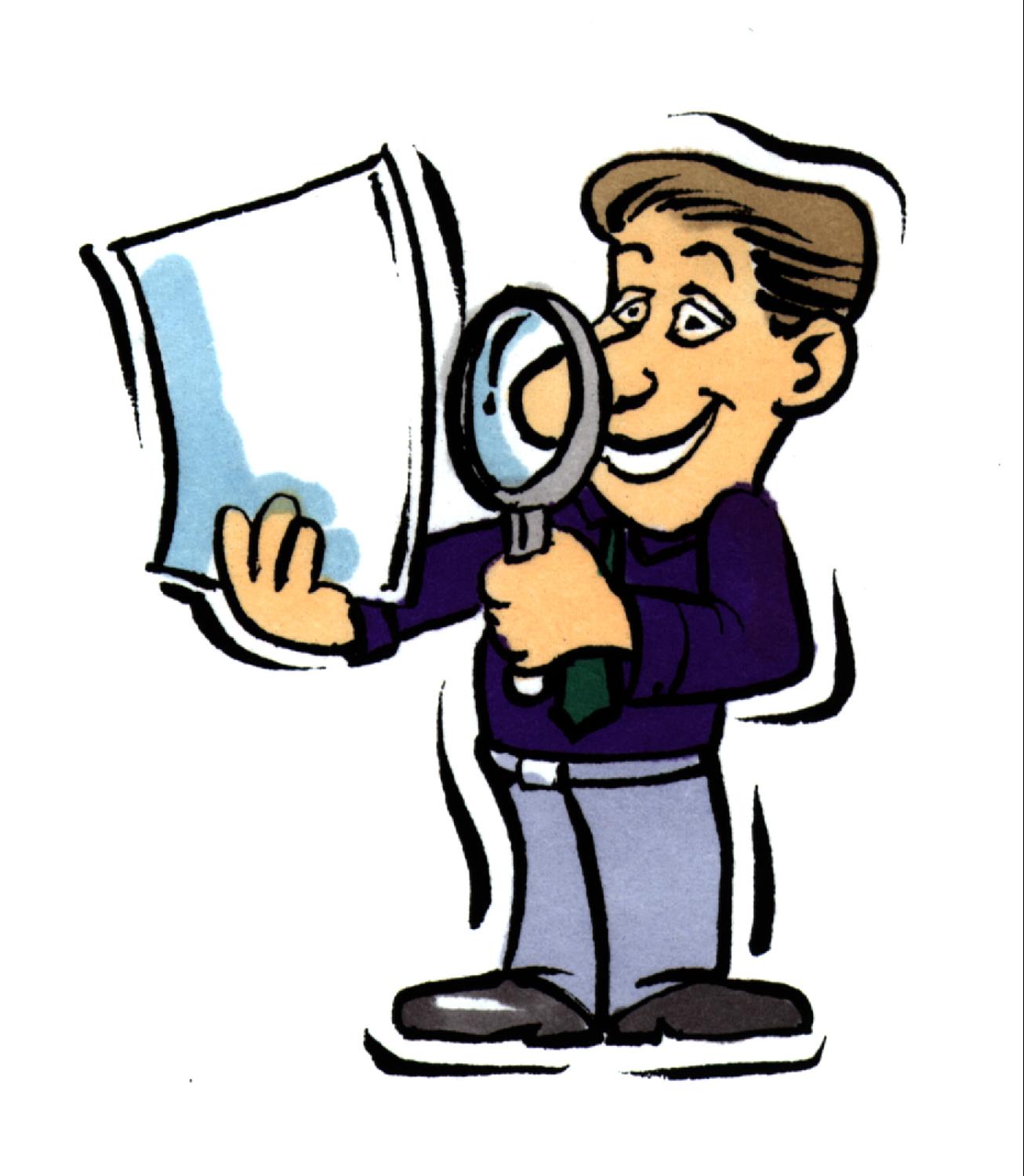
For example, in the
dictionary, the entry for the word shovel
in the dictionary will be similar to what follows:
Shovel
(shuv` l) The accent mark `
indicates that the two syllable word shovel should be pronounced (spoken) with
the emphasis on the first syllable shov.
The spelling of shov as shuv
indicates that the o in the word carries
the normal sound of the u. It is a short o
(as in on) and not a long oooooh
when spoken (as in hello). The spelling of
el as l
indicates that the e is a short e
and not a long eeeee when pronounced.
See
The
Basic Grammar Review
especially Session
8 on word families.
Other words will require
that a different syllable be emphasized.
In the sentence, for
example,
The
child propelled the toy across the room.
The word propelled
is the past tense of the verb to propel,
which means to push or to shove, and appears in the dictionary
as:
Propel (pra
pel`) showing that the emphasis is on the second syllable when spoken.
The spelling of pro as pra
indicates that the o should be a short sound, as the first letter a
is spoken in paradise, rather than a long oooooh
sound.
Here is a
free, on-line dictionary that will also pronounce the words for you. Just click
on the link: http://encarta.msn.com/encnet/features/Dictionary/DictionaryHome.aspx
You
maybe asked if you want to download windows media player (do it!) so that you
can hear how the words are pronounced. You can do this at any time when reading
anything on the web. You can bookmark the page for convenience.
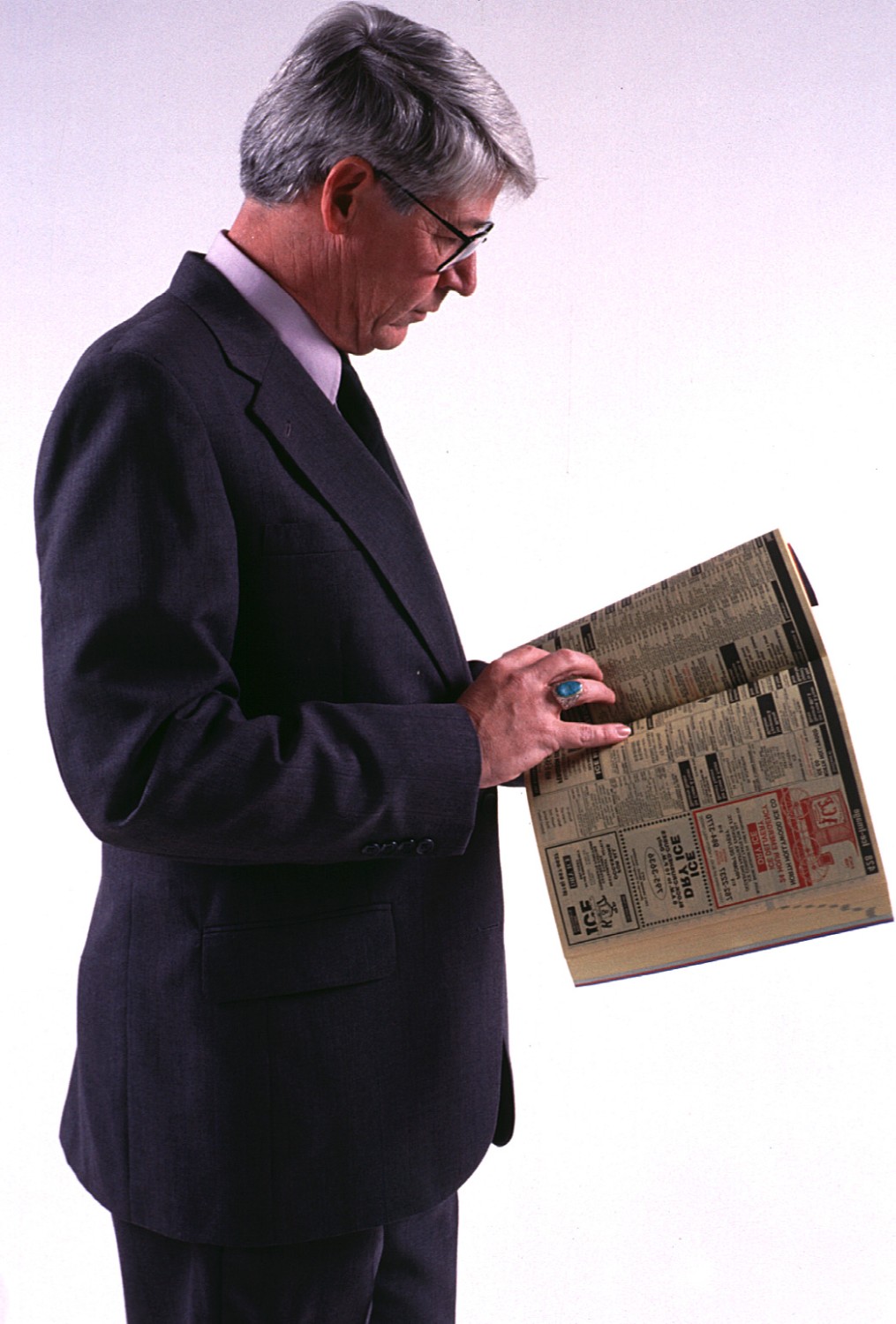 5.
Derivation: this is where the word comes from or the history of the word.
5.
Derivation: this is where the word comes from or the history of the word.
English is composed of words
from many languages, chiefly Latin and German. Many English words also derive
from Greek. Some words are built on roots
from Latin, German or Greek.
When learning English words,
it is sometimes very useful to be able to recognize the root of a word, such as
Philosophy philo is translated as love
of from the Greek; sophy is
translated as wisdom from the Greek word sophia.
Thus, the word philosophy derives from (comes from, originates from) a Greek
root meaning love of wisdom.
6.
Part of speech: the dictionary will indicate the part or parts of speech
or how the word is used. (There will be some more discussion about parts of
speech in the next chapter.)
This is important because
some words can be used differently, for example, the same word may be used as
either a noun or a verb, and you will need to be able to distinguish its usage.
For example, in the
sentence, I express myself well in writing.
The word express
is used as a verb indicating action. Contrast this
with the sentence 
The
Canadian express train leaves at midnight tonight.
The word express
is used as noun to indicate a train that doesn't
make local stops.
7.
Usage example: dictionaries also provide an example of proper usage.
This is usually a sentence
illustrating the correct usage of the word.
For example: A
shovel is a hand tool used for digging a hole in the ground
Go to the
InfoCenter
for
an on-line dictionary and thesaurus.
Copyright:
2004 English 4 all, Inc.


 When
I ask this in class, I often receive the answer A
dictionary tells you the meaning of a word. This is basically
(essentially) correct; one of the main goals of the dictionary is to let you
know what words mean. However, the dictionary
does much more than this, and as a new user of the English language, you
will want to take advantage of what the dictionary has to offer:
When
I ask this in class, I often receive the answer A
dictionary tells you the meaning of a word. This is basically
(essentially) correct; one of the main goals of the dictionary is to let you
know what words mean. However, the dictionary
does much more than this, and as a new user of the English language, you
will want to take advantage of what the dictionary has to offer:


 For
those of you who have learned most of your English vocabulary from speaking and
listening to others speak English, spelling is even more important. As noted,
there are many, many (
For
those of you who have learned most of your English vocabulary from speaking and
listening to others speak English, spelling is even more important. As noted,
there are many, many ( In
the dictionary, the entry for the word shovel should appear similar to
the following:
In
the dictionary, the entry for the word shovel should appear similar to
the following: